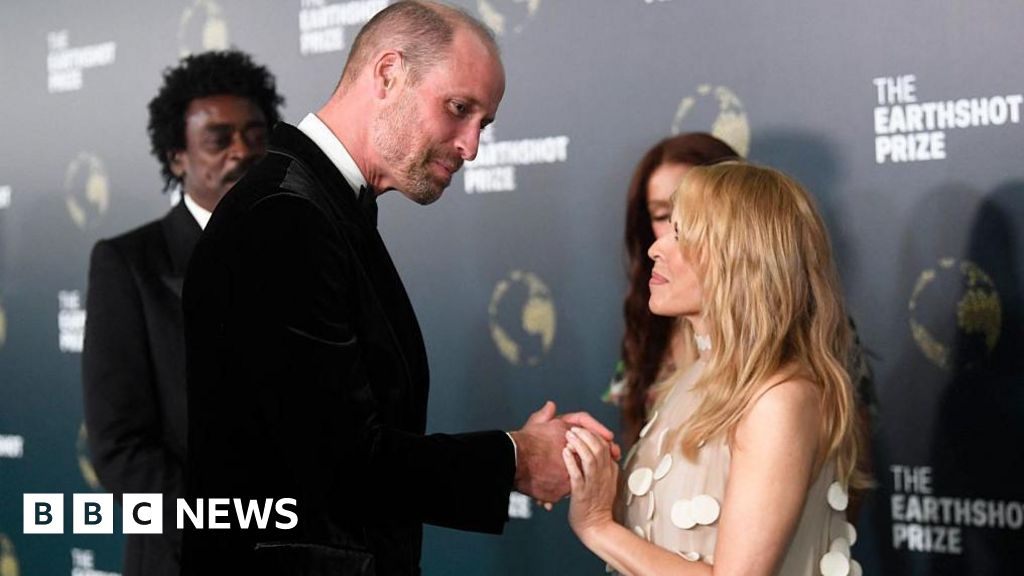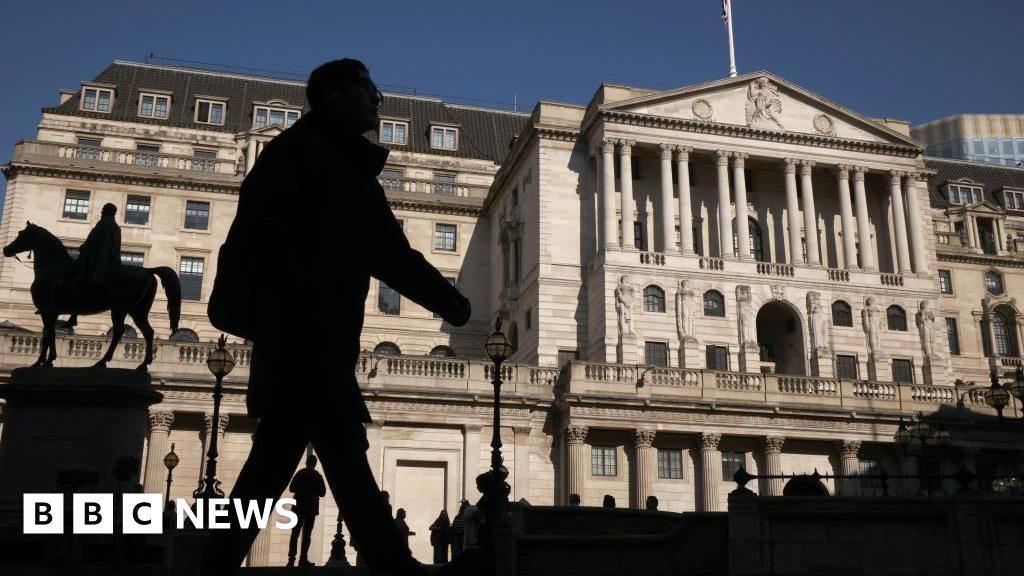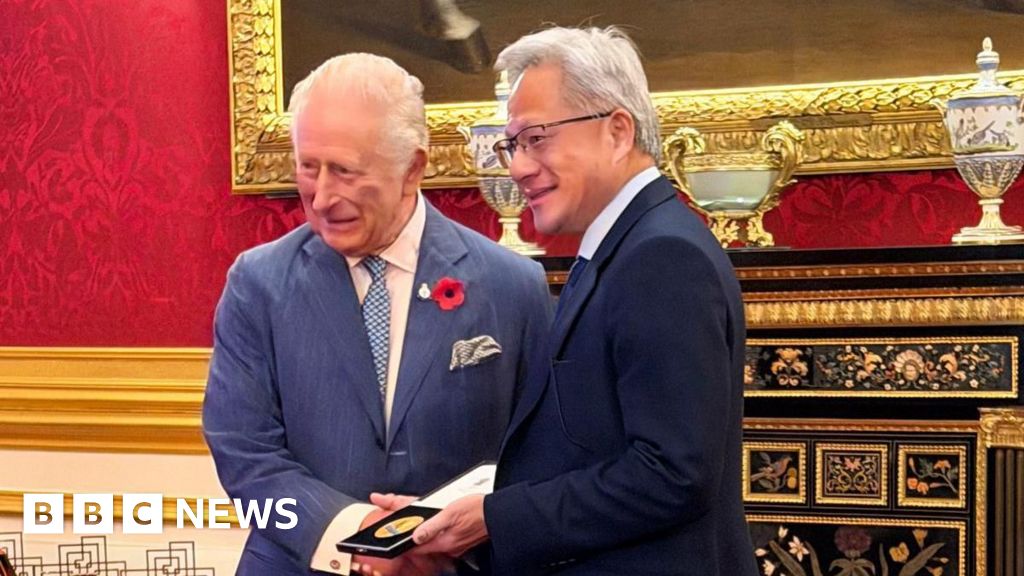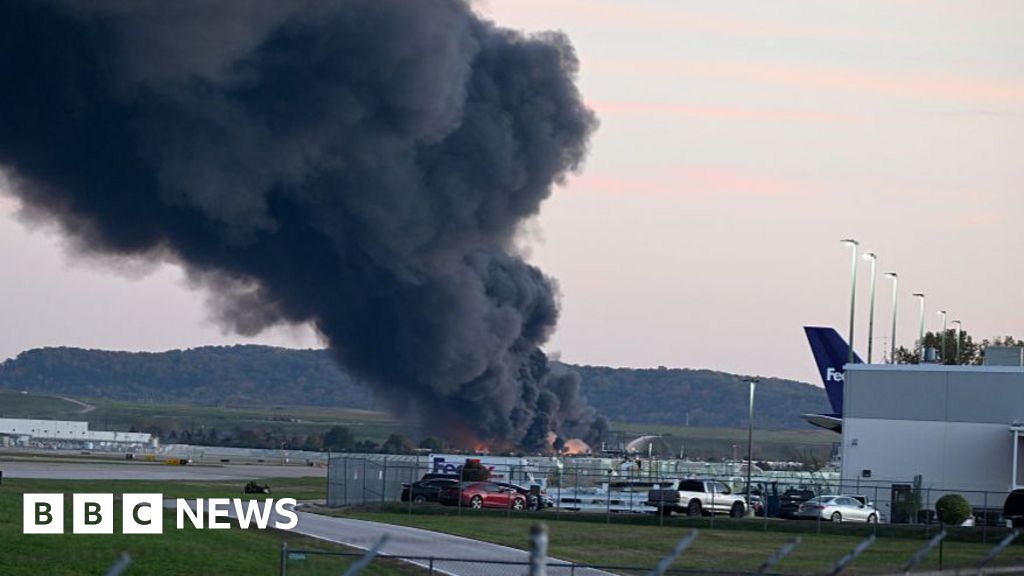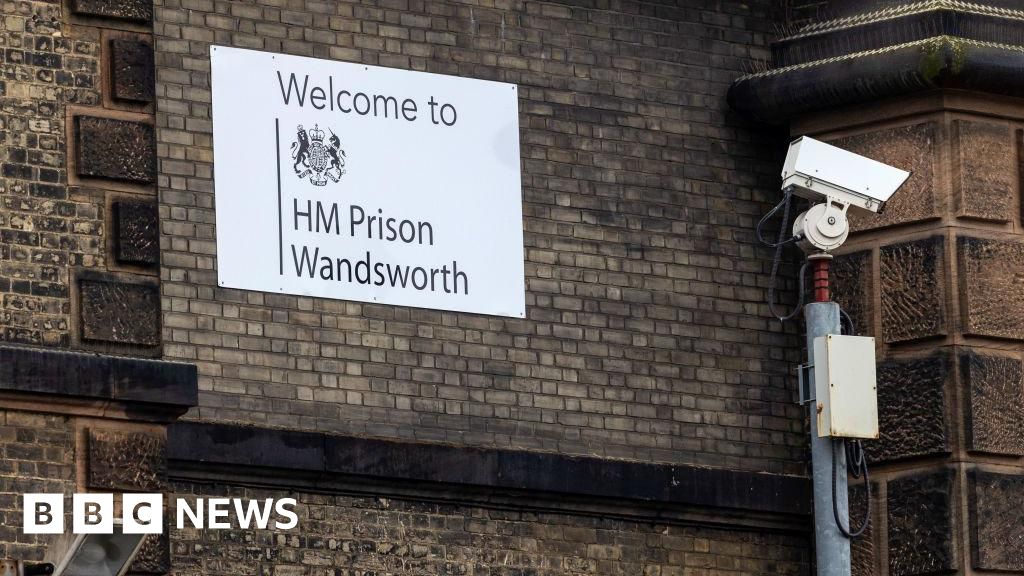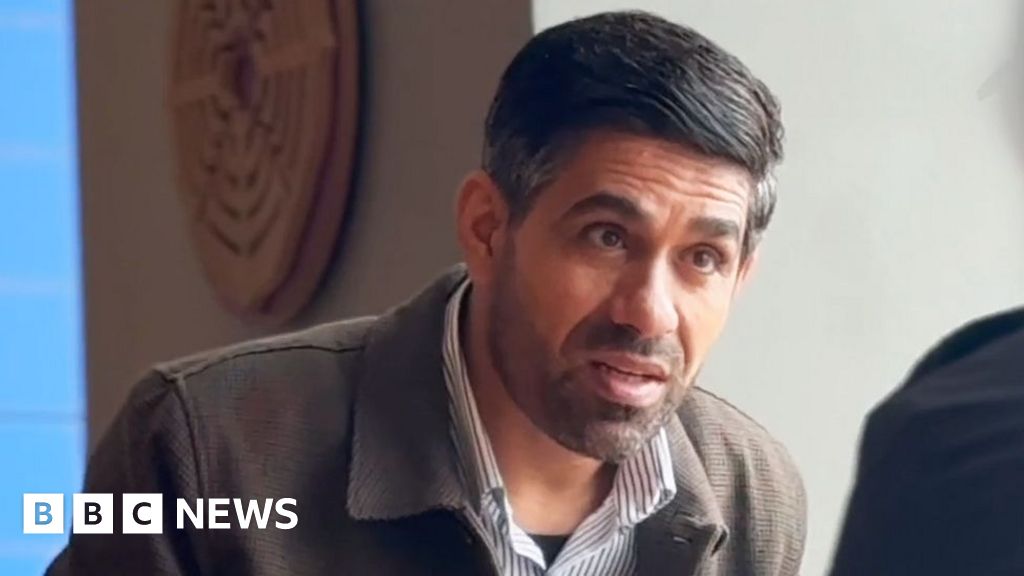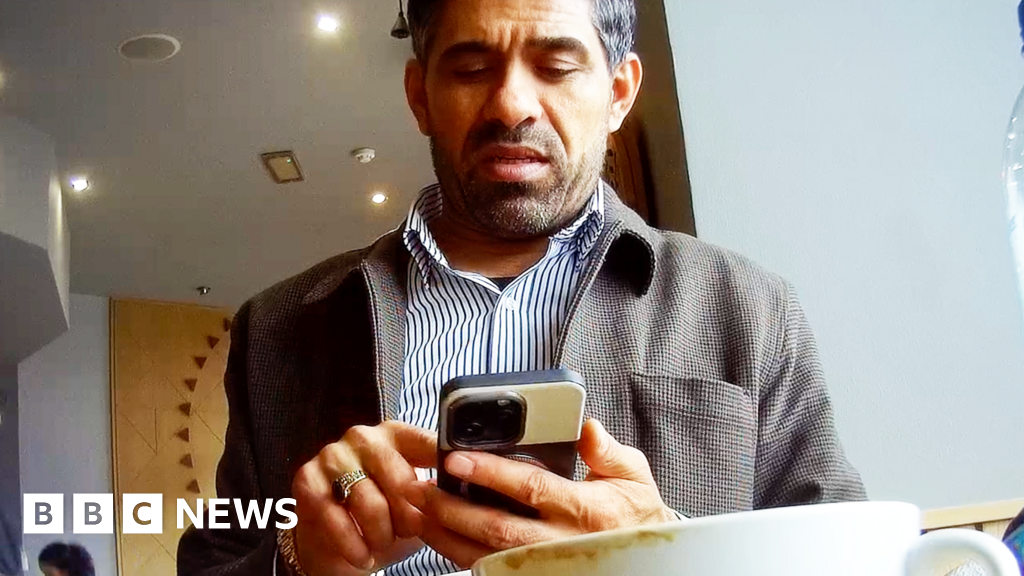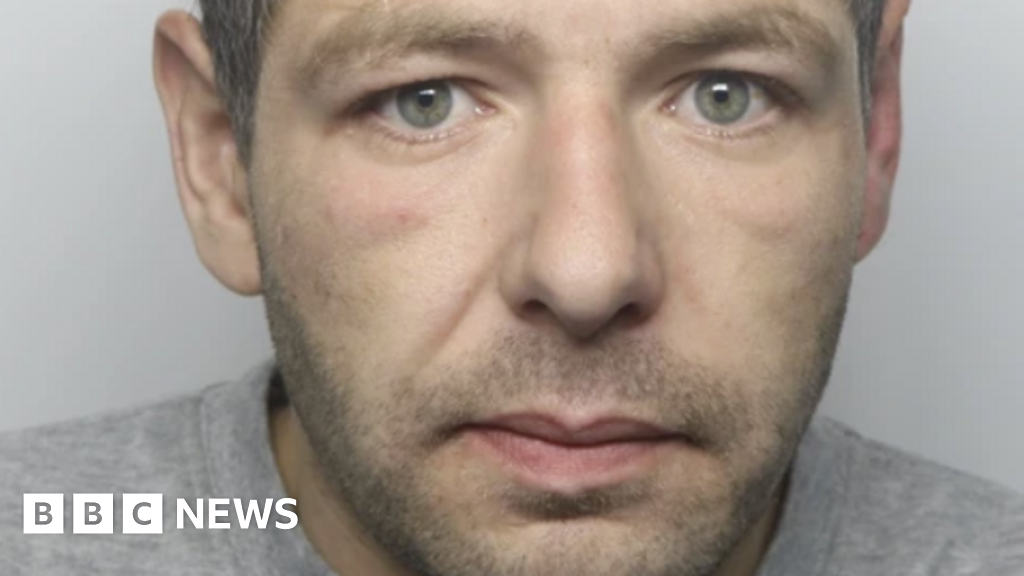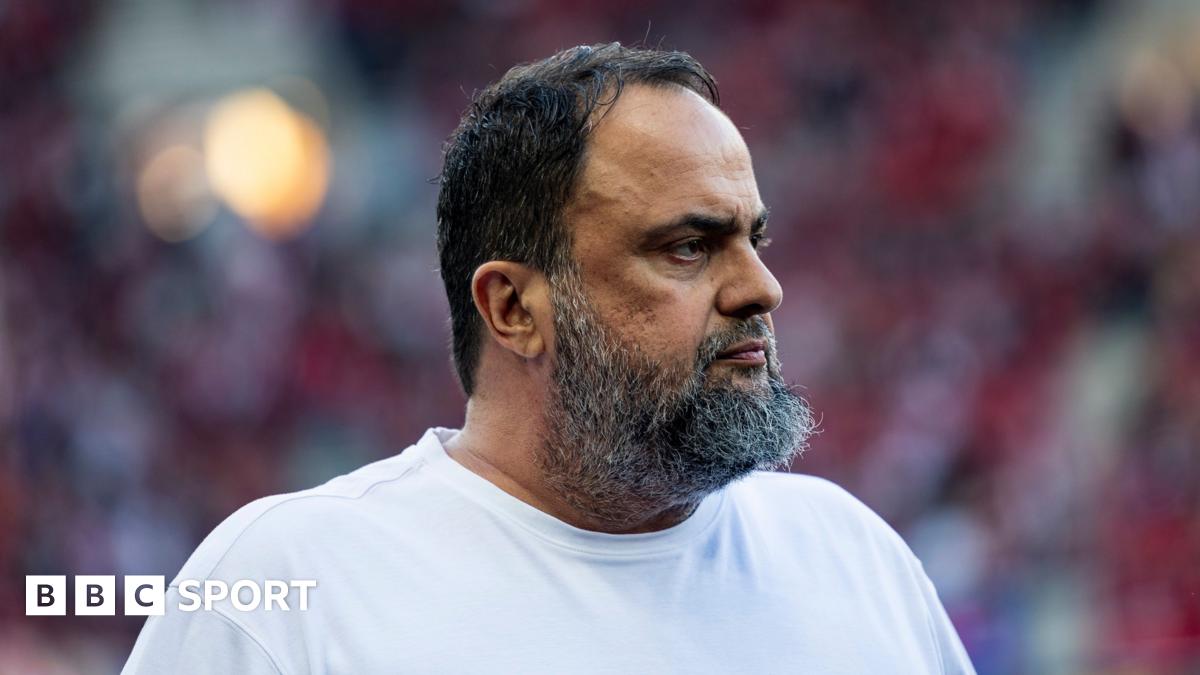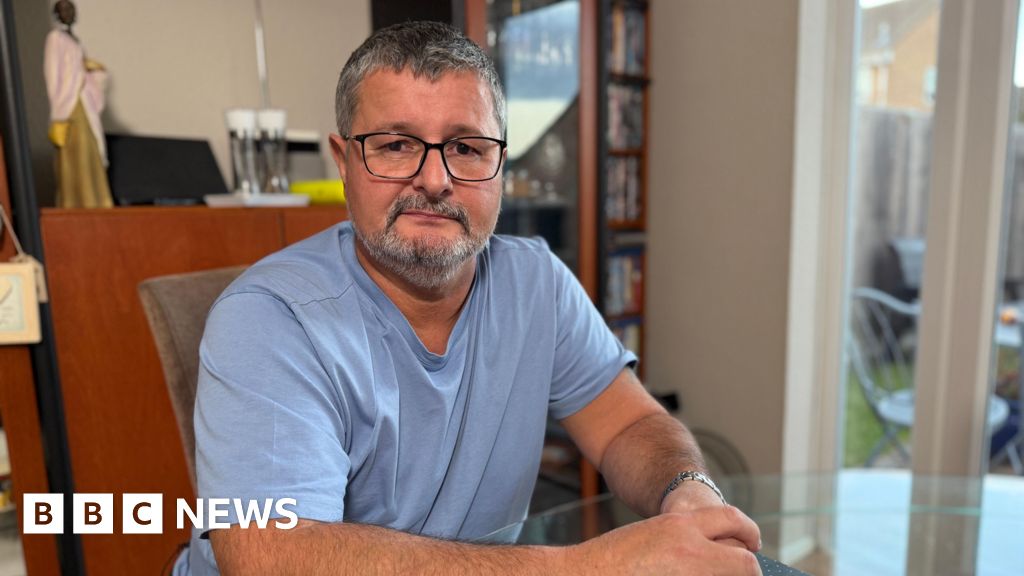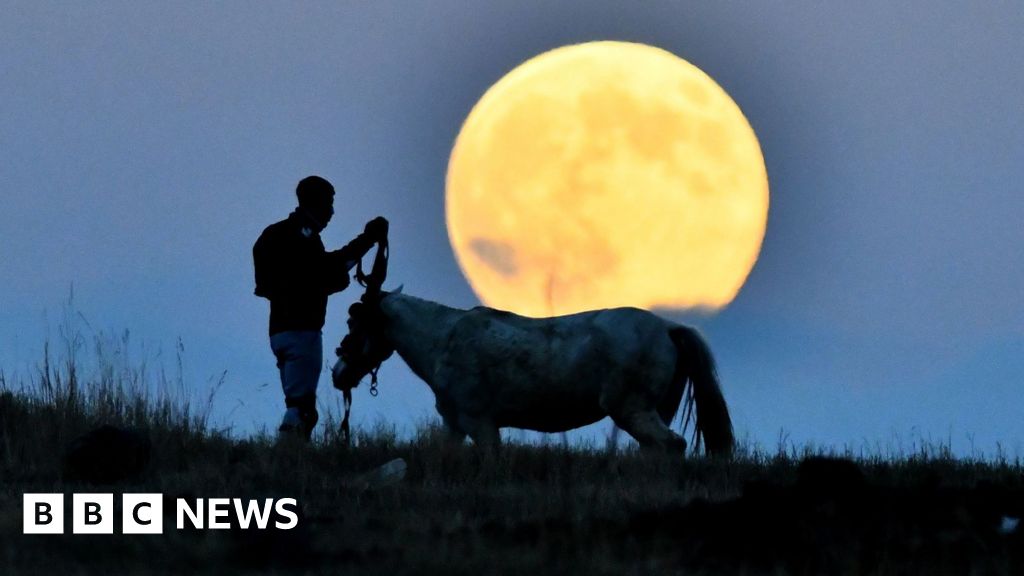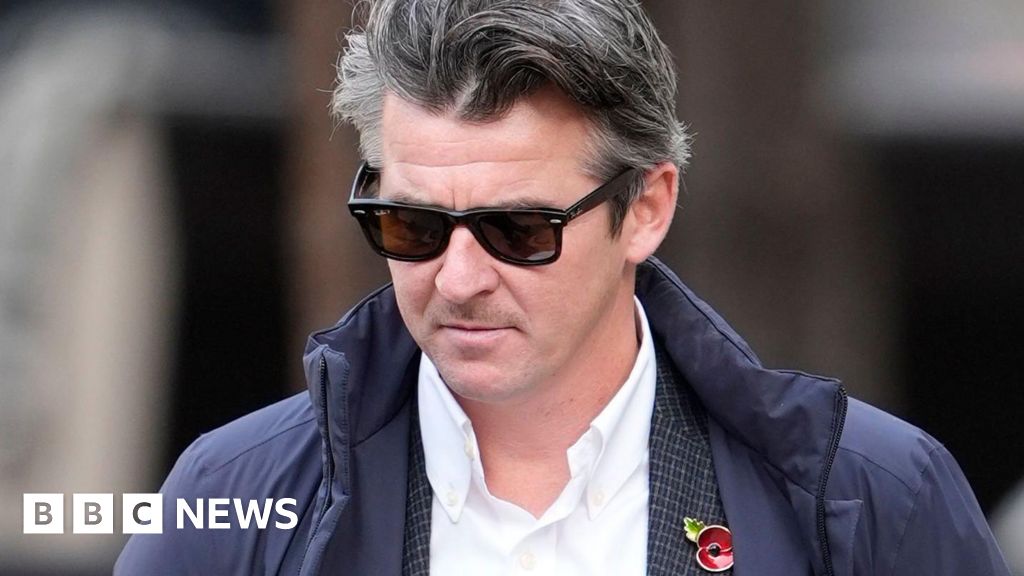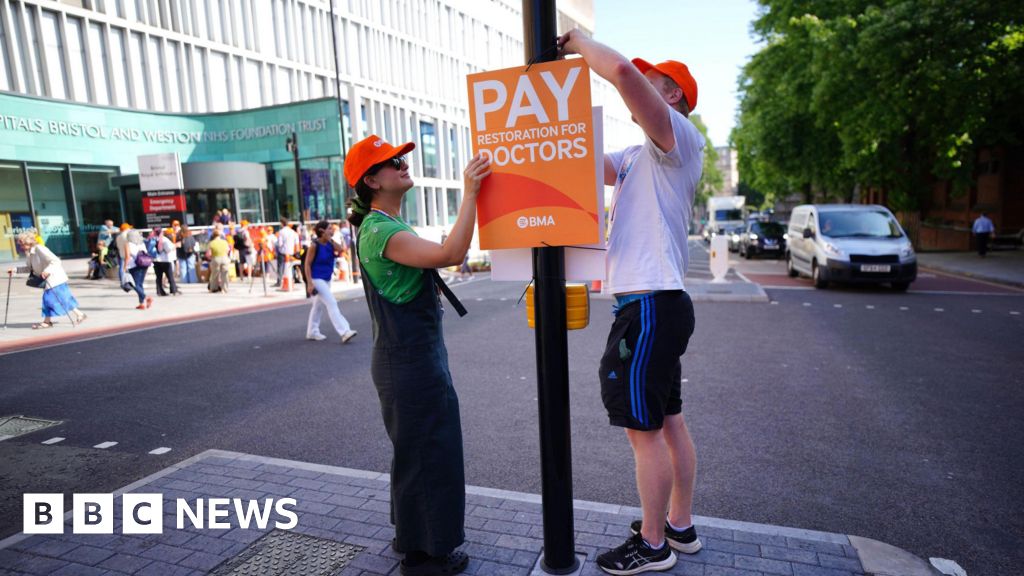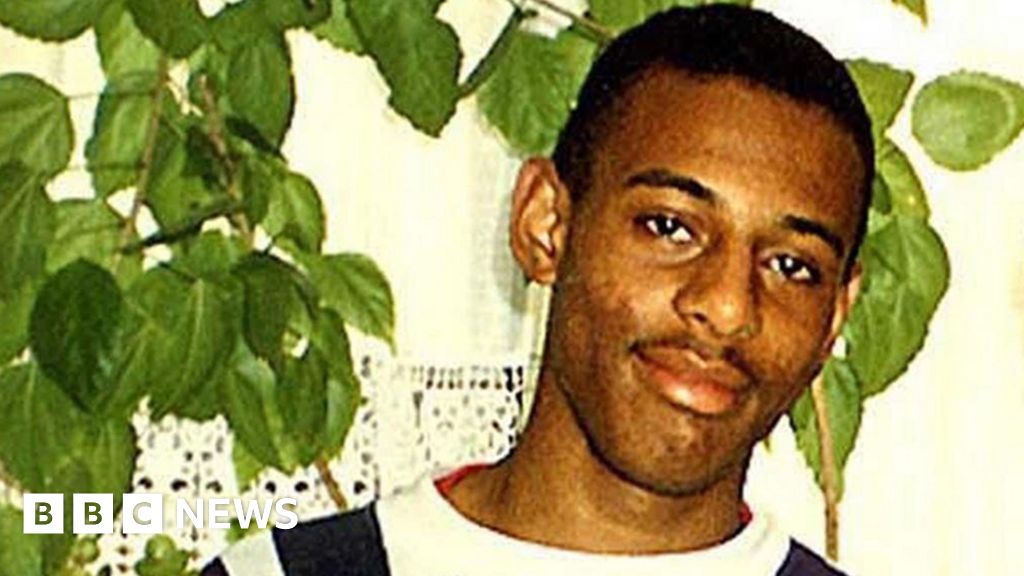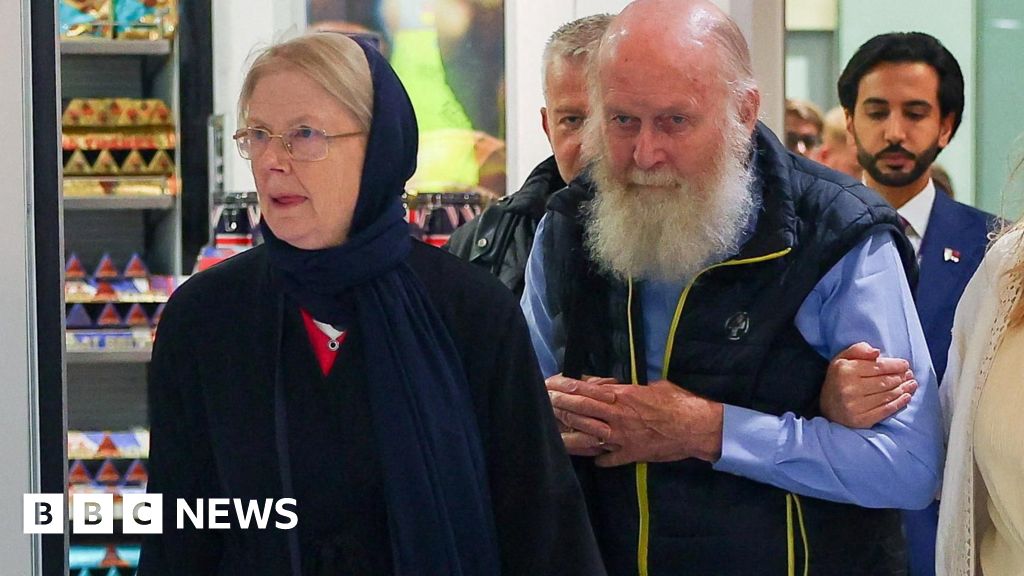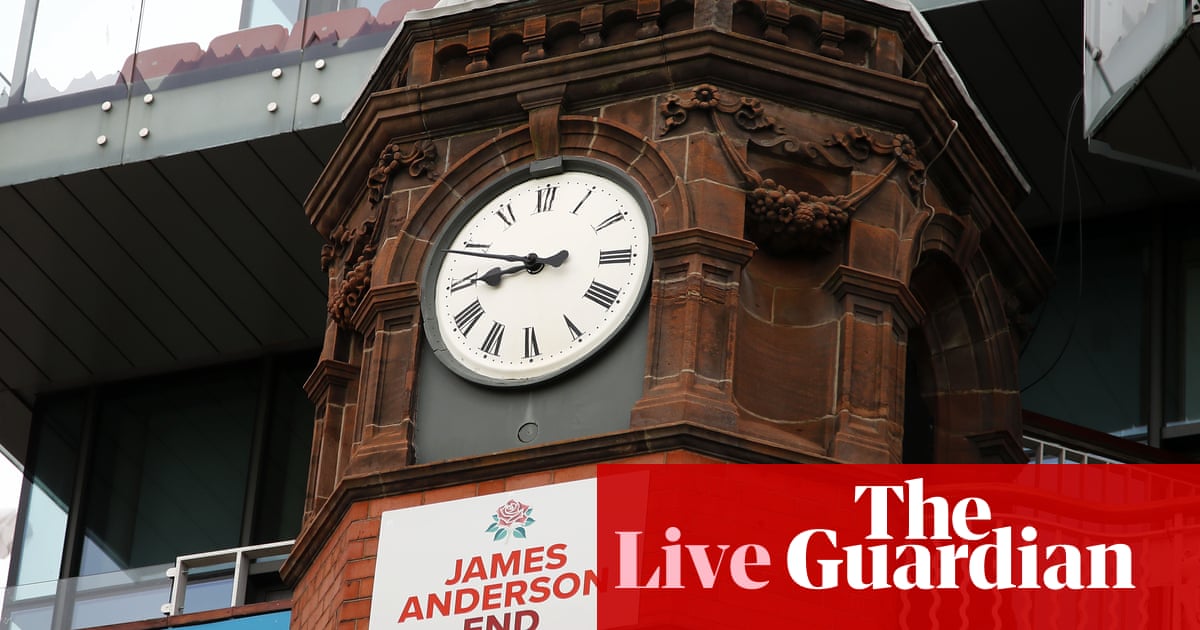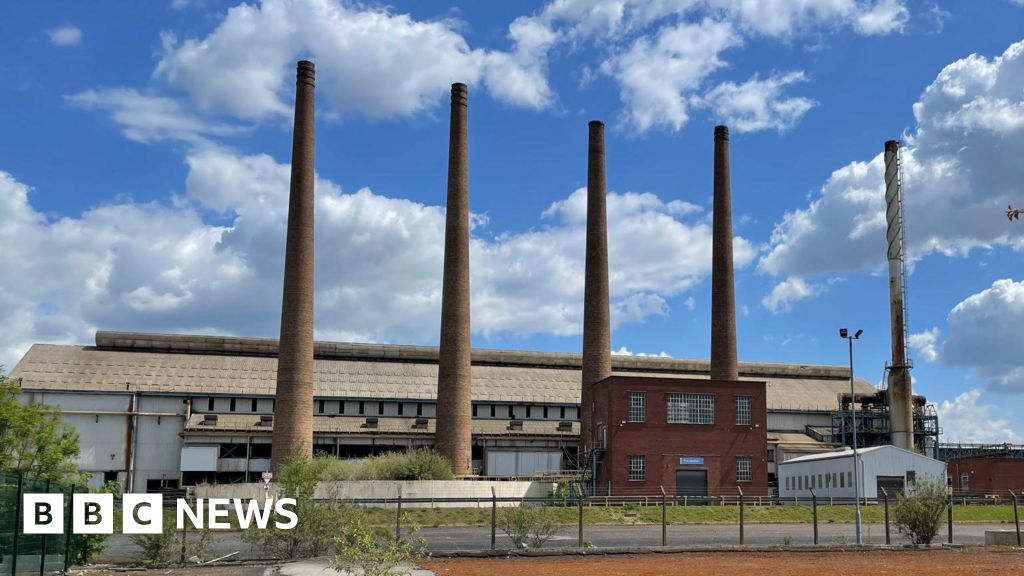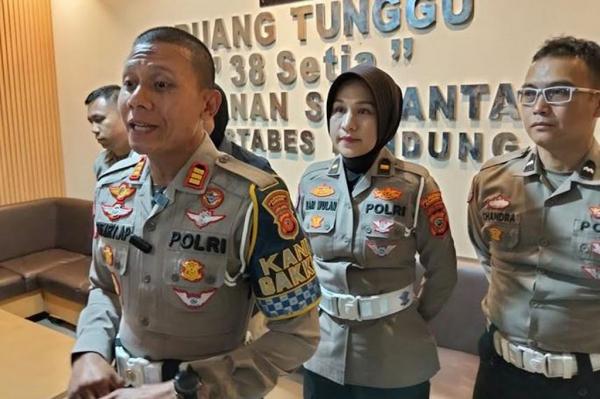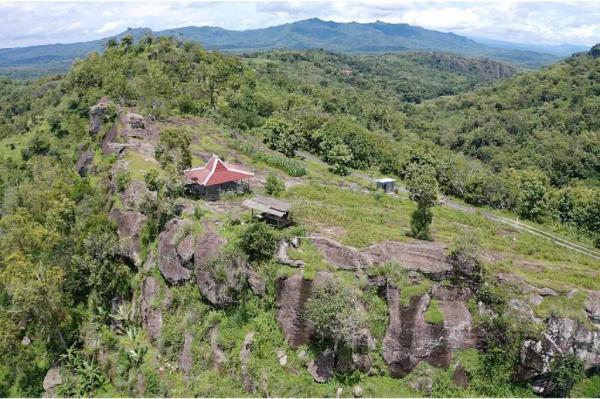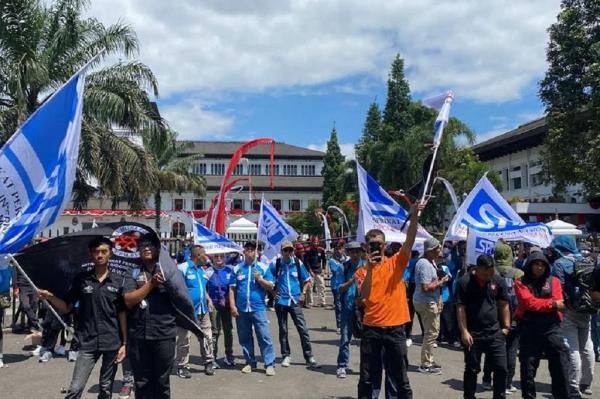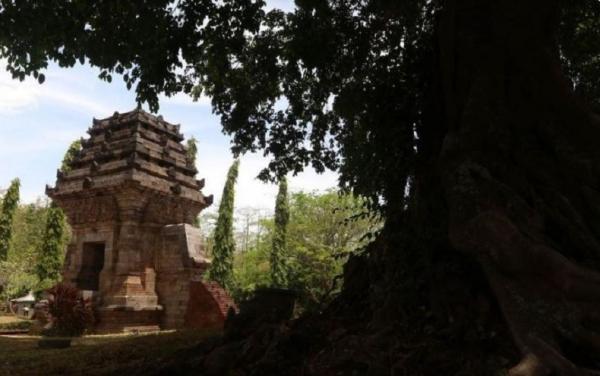
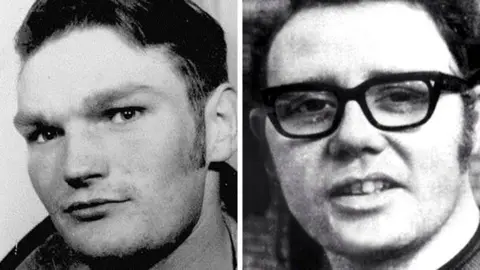 BBC
BBC
Soldier F is accused of murdering 22-year-old James Wray (left) and 26-year-old William McKinney
Military witness statements provided at the time of Bloody Sunday in 1972 can be used as evidence in the Soldier F trial, a judge has ruled.
Soldier F, whose anonymity is protected by a court order, denies murdering James Wray, 22, and William McKinney, 26, as well as five counts of attempted murder.
They were among 13 people who were shot dead by the Parachute Regiment at a civil rights demonstration in the Bogside area of Londonderry in January 1972.
On Wednesday, Judge Patrick Lynch told Belfast Crown Court the military witness statements can be submitted as evidence.
'Only evidence' to prove Soldier F fired at civilians
The prosecution was seeking to use statements given by two paratroopers, named Soldier G and Soldier H, who were with Soldier F on Bloody Sunday.
Soldier G is deceased and Soldier H is unwilling to testify in court.
Their statements were provided to the Royal Military Police (RMP) in 1972, as well as statements and oral evidence given to the Widgery Inquiry the same year.
Prosecution barrister Louis Mably KC told the court last week that the soldiers' statements are the only evidence "capable of proving" Soldier F fired his rifle at civilians in Glenfada Park North.
Defence barrister Mark Mulholland said Soldier G's statements were "riddled with questions of reliability" and gave "changing accounts" of events on Bloody Sunday.
He said there were further concerns about the circumstances, safeguards and processes involved when the statements were originally made in 1972.
The defence, he added, was disadvantaged by being "devoid of the opportunity to test and challenge" the statements.
In his ruling on Wednesday, Judge Lynch said he would not "give reasons at this stage for the admission of statements but shall do so in due course, if necessary".
Judge Lynch said his decision came after careful consideration.
"I am not only judge in relation to legal issues but also the tribunal of fact, with the ultimate responsibility of determining guilt or innocence based upon such facts as I decide have been proven to the criminal standard, that is beyond reasonable doubt," he said.
The hearing is expected to resume at noon on Friday.

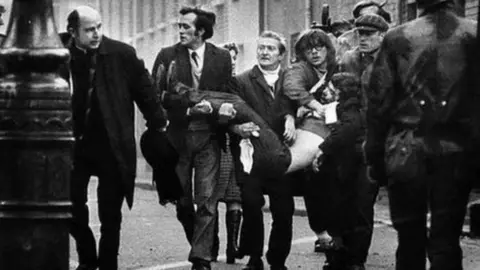
Thirteen people were shot dead by the Army on Bloody Sunday
Speaking outside court, solicitor Ciaran Shiels, who represents some of the Bloody Sunday victims' relatives, said the families "are very pleased that the judge saw merit in the prosecution's submissions".
"They welcome very much the judgment and they look forward to the evidence starting to be called," he said.
Paul Young of the Northern Ireland Veterans Movement said the decision "will be met with great disappointment by the veterans who served in Northern Ireland."
Who is Soldier F?
Soldier F is a former British soldier who served with the Army's Parachute Regiment in Northern Ireland during the Troubles.
He cannot be named due to an interim court order granting his anonymity.
The decision to charge Soldier F was taken by the Public Prosecution Service (PPS) in 2019.
He was one of 18 former soldiers reported to the PPS as a result of a police investigation, which followed the public inquiry into Bloody Sunday conducted by Lord Saville.
But he was the only one charged.
Two years later, the PPS dropped the case after the collapse of the trial of two other veterans who had been accused of a 1972 murder in Belfast.
But the prosecution resumed in 2022 after a legal challenge.
.png)
 1 month ago
30
1 month ago
30
